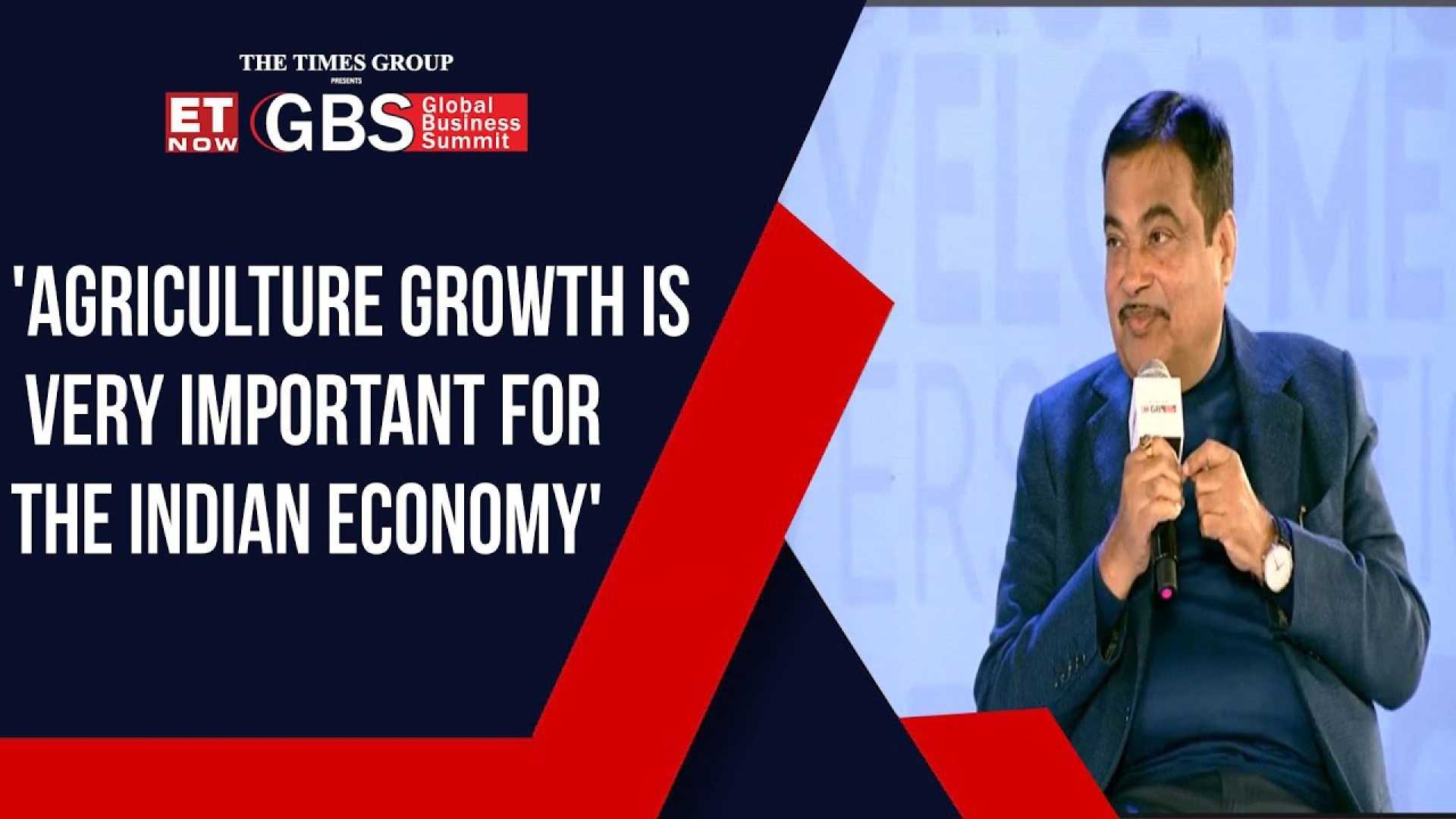News
Nitin Gadkari Discusses India’s Economic Progress and Future Plans

Nitin Gadkari, Union Minister of Road Transport and Highways, recently discussed various aspects of India’s development and the government’s future plans in an interview. Accompanied by Deputy Editor Liz Mathew at the Noida office of The Indian Express, Gadkari spoke on topics including the BJP‘s strategy post-Lok Sabha elections, advancements in biofuels and electric vehicles, and the necessity for a strong agricultural economy.
Gadkari described the last decade under Prime Minister Narendra Modi as a significant period in India’s history, highlighting the government’s focus on infrastructure development, spanning areas such as water, power, transportation, and communication. According to Gadkari, enhancing exports and reducing imports is crucial for India’s growth. He affirmed progress in the automobile industry, projecting significant strides in the electric vehicle sector by 2030. Furthermore, he emphasized the importance of alternative fuels like bioethanol in reducing fuel imports.
Addressing India’s economic structure, Gadkari pointed out that although agriculture supports a large portion of the population, its contribution to the GDP remains low. Initiatives aimed at supplementing farmers’ incomes, such as bioethanol production, have been adopted by the government. He also mentioned efforts to pull 25 crore people out of poverty, showcasing the government’s commitment to progress and economic growth.
Gadkari spoke on the differences between the BJP and the Congress, expressing confidence in the BJP’s capabilities and achievements compared to the Congress’s six-decade-long governance. He remarked on the challenges posed by opposition campaigns, which he believes misrepresented government initiatives regarding backward classes and agricultural policies.
On the topic of green transport, Gadkari praised advancements in lithium-ion battery production and the government’s role in incentivizing cleaner technologies. He expressed optimism that electric vehicles will soon be more affordable, benefiting from increased manufacturing efficiency. The government supports various technologies in the automobile sector, encouraging the adoption of alternative fuels to decrease costs.
Gadkari also touched upon domestic politics, stressing the importance of merit over dynastic claims in political roles. He highlighted the transparent and democratic nature of the BJP in handling political responsibilities, as well as the collaborative efforts within the party.
Addressing road safety issues, Gadkari explained the government’s initiatives to reduce road accidents, including identifying and improving accident-prone areas through better engineering practices. Furthermore, he spoke about innovative toll collection methods aimed at making highway travel more efficient and fair, especially for economically disadvantaged regions.
The Char Dham project is another focus of the government, with considerable progress made despite environmental challenges. Gadkari reassured that solutions are being explored in consultation with international experts to ensure safety in the region.
Nitin Gadkari concluded by emphasizing the balanced role of both government and opposition parties in a democracy and reiterated that the BJP remains determined to advance India’s economic and social development.












